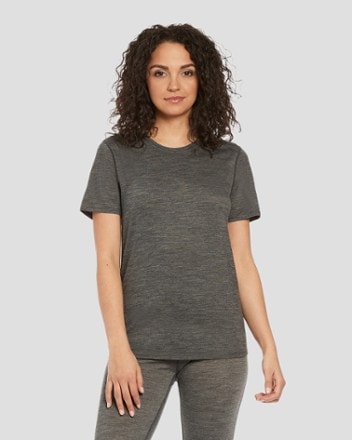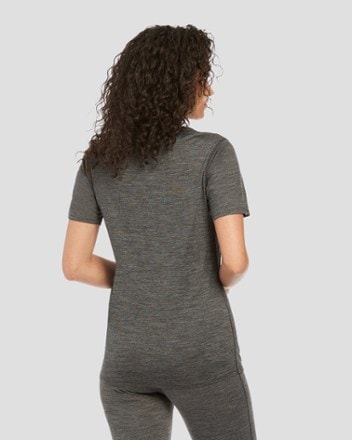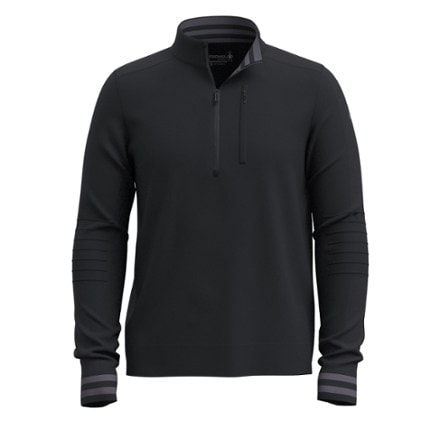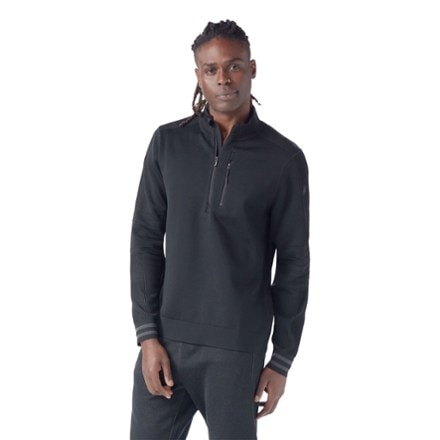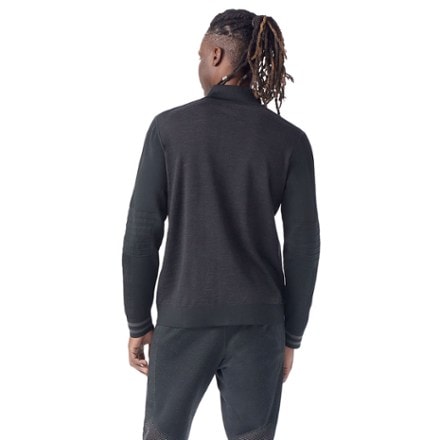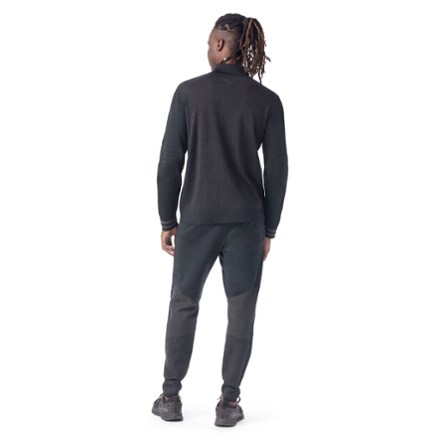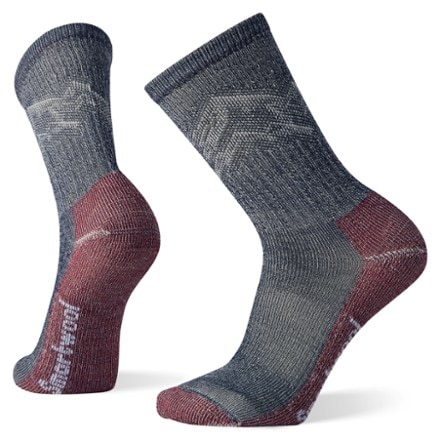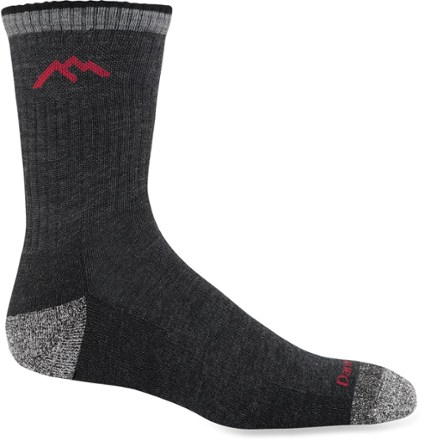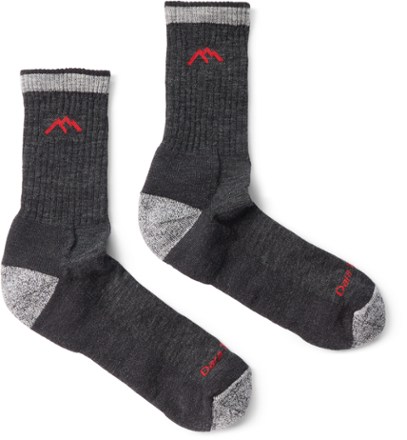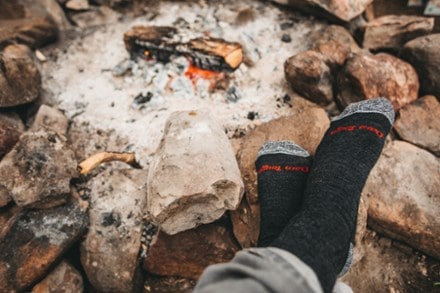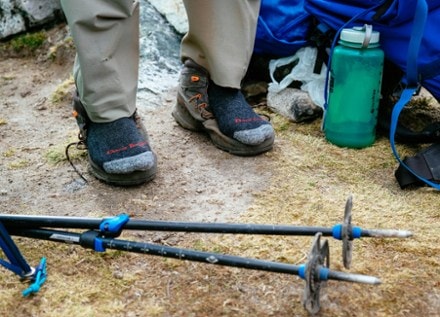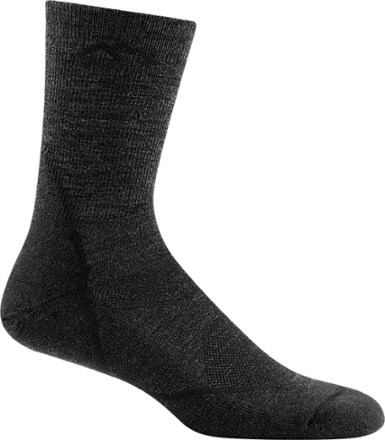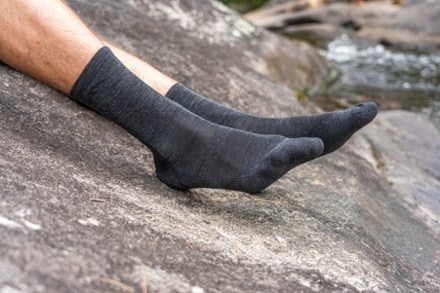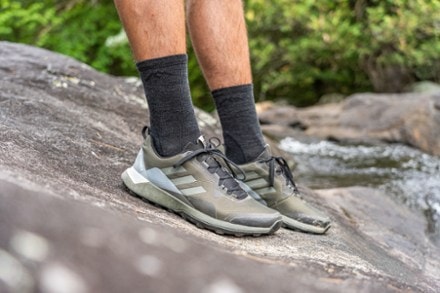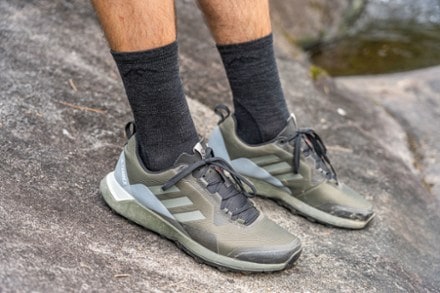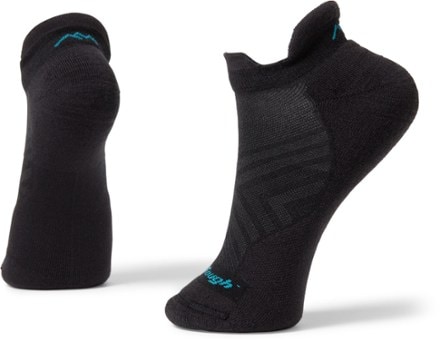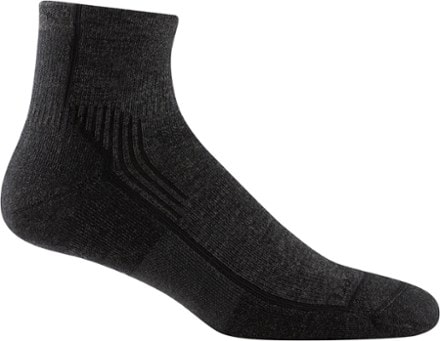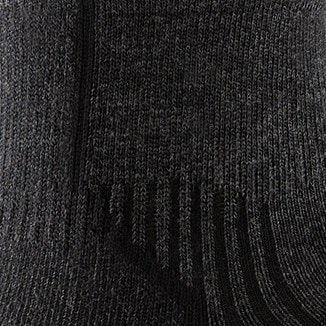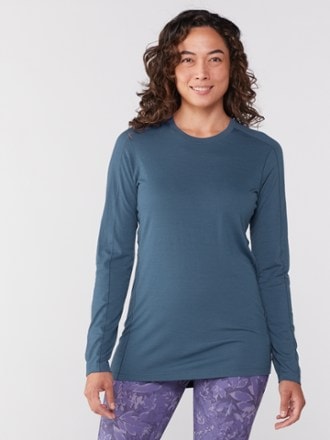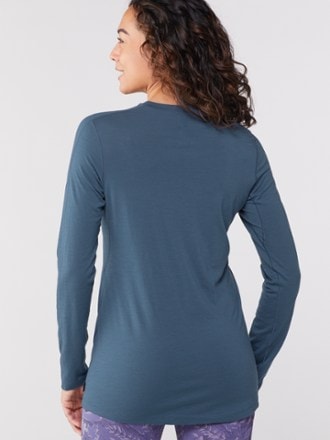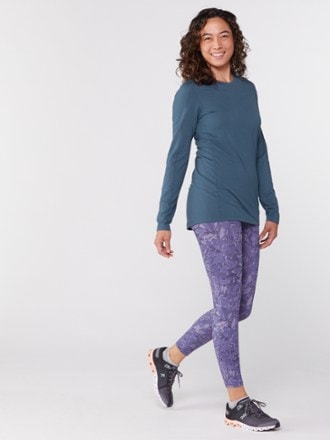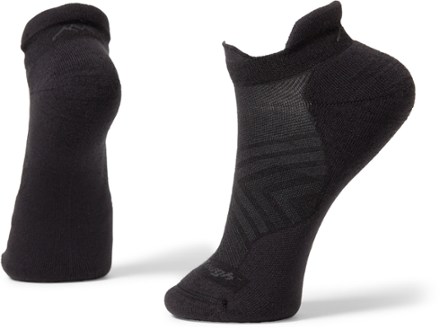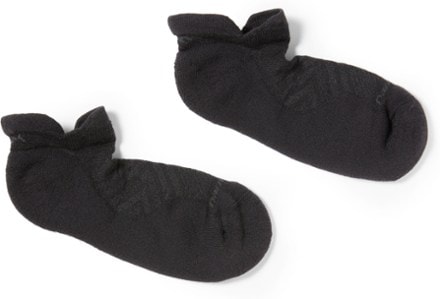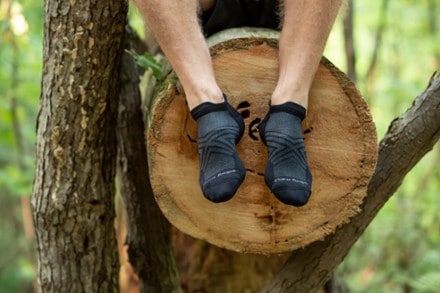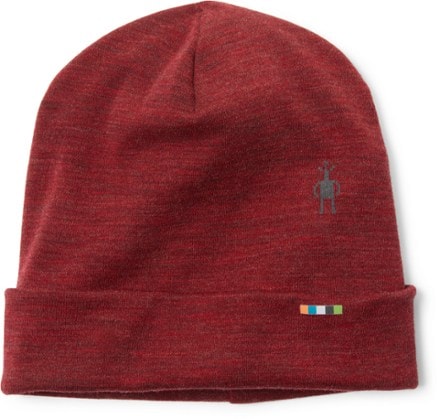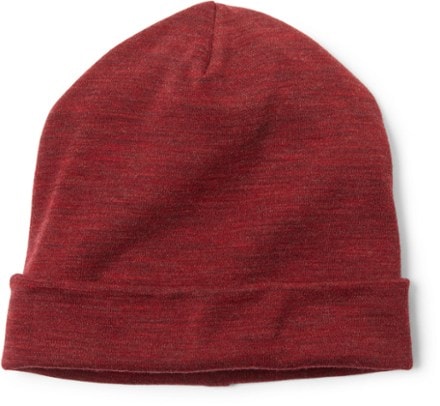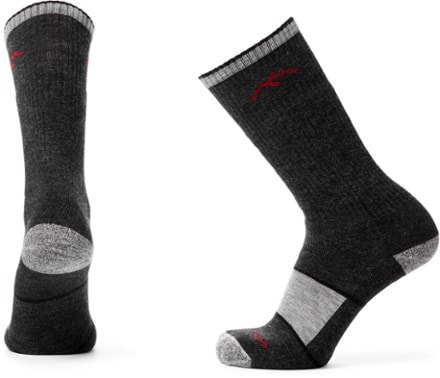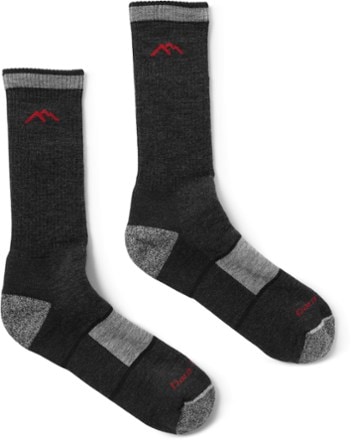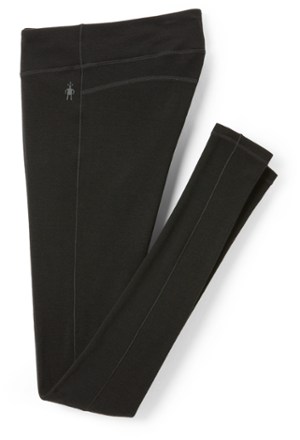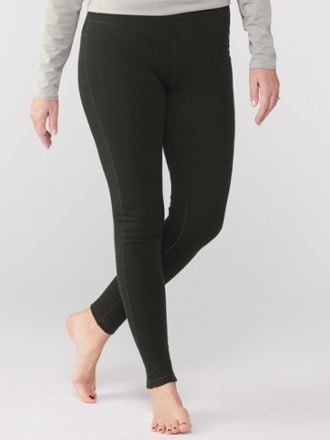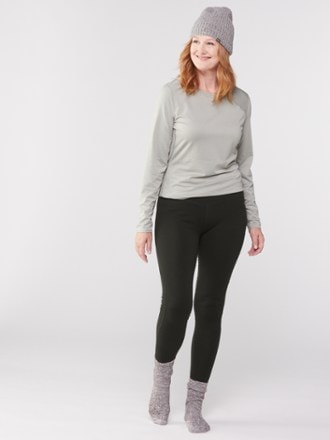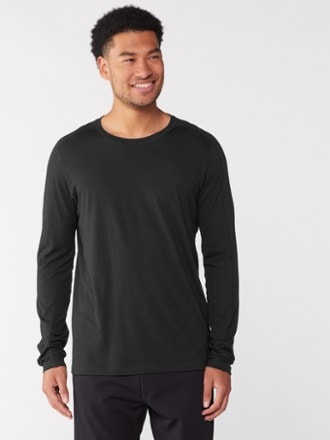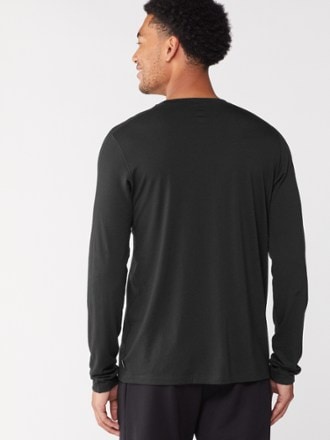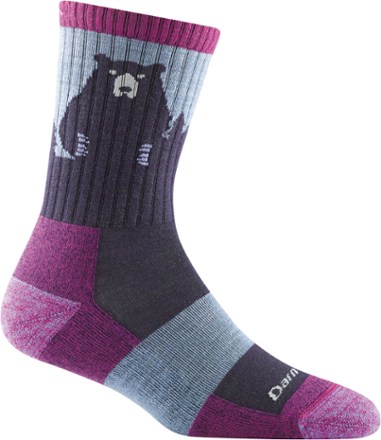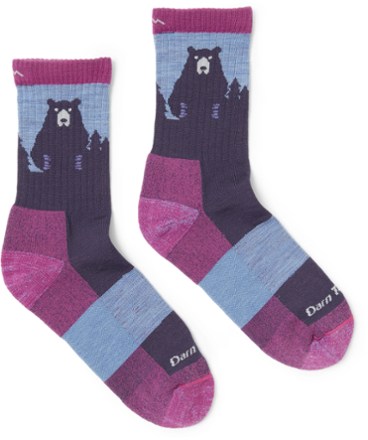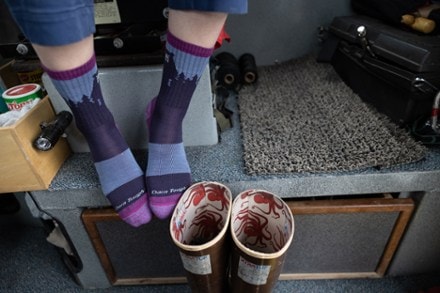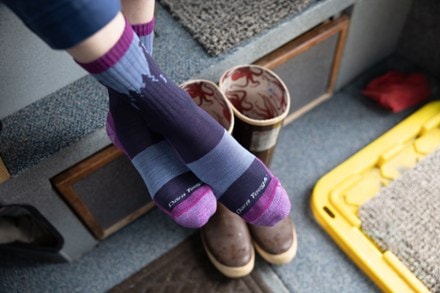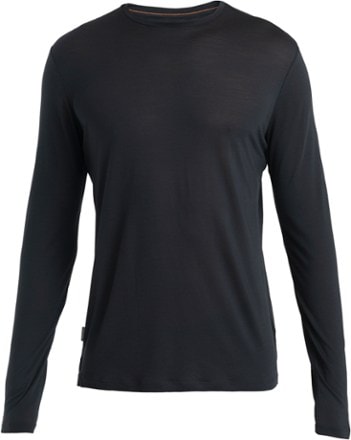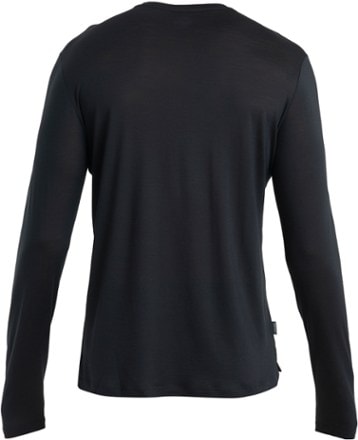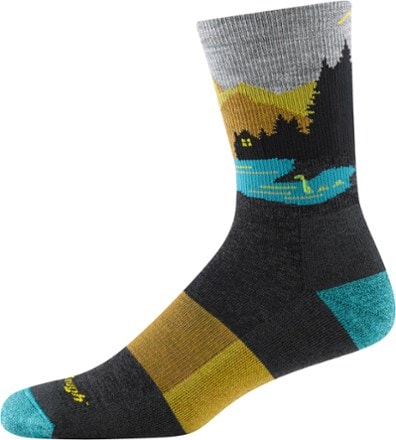Skip to search results
loaded 960 results
Merino Wool Clothing
(960 products)Products (960)
Sort: Best Match
Terramar1.0 All-Season Lightweight Merino Wool T-Shirt - Women's
$34.73Save 30%compared to $50.00REI OUTLET- Top Rated
tasc PerformanceElevation Merino T-Shirt - Women's
$54.73Save 30%compared to $79.00REI OUTLET SmartwoolIntraknit Merino Tech Half-Zip Top - Men's
$124.73Save 28%compared to $175.00REI OUTLETSmartwoolHike Classic Edition Light Cushion Mountain Pattern Crew Socks - Men's
$15.73Save 25%compared to $21.00REI OUTLET- Staff Pick
Darn ToughHiker Micro Crew Cushion Socks - Men's
$26.00 - Top Rated
Darn ToughHiker Micro Crew Cushion Socks - Women's
$26.00 - Top Rated
Darn ToughLight Hiker Micro Crew Socks - Men's
$25.00 InjinjiLiner Crew Wool Socks
$15.00- Staff Pick
Darn ToughLight Hiker Quarter Lightweight Hiking Socks - Women's
$22.00 Darn ToughRun No-Show Tab Ultralightweight Cushion Socks - Women's
$19.00- Top Rated
Darn ToughHiker Quarter Cushion Socks - Men's
$23.00 REI Co-opMerino 185 Long-Sleeve Base Layer Top - Women's
$79.95Darn ToughRun No-Show Tab Ultralightweight Cushion Socks - Men's
$19.00- Top Rated
Darn ToughRun Quarter Ultralightweight Cushion Socks - Men's
$20.00 - Top Rated
SockwellCirculator Compression Socks - Women's
$32.95 - Top Rated
SmartwoolThermal Merino Reversible Cuffed Beanie
$35.00 - Staff Pick
Darn ToughHiker Boot Full-Cushion Socks - Men's
$30.00 - Top Rated
SmartwoolPerformance Run Targeted Cushion Ankle Socks - Men's
$21.00 SmartwoolClassic Thermal Merino Base Layer Bottoms - Women's
$115.00REI Co-opMerino 185 Long-Sleeve Base Layer Top - Men's
$79.95- Top Rated
Darn ToughBear Town Micro Crew Socks - Women's
$25.00 - Top Rated
Darn ToughLight Hiker Micro Crew Socks - Women's
$25.00 IcebreakerMerino 125 Cool-Lite Sphere III Long-Sleeve T-Shirt - Men's
$85.00 - $90.00- Staff Pick
Darn ToughLight Hiker Quarter Lightweight Hiking Socks - Men's
$22.00 - Top Rated
SockwellLotus Lift Firm Compression Socks - Women's
$32.95 - Top Rated
SmartwoolPerformance Hike Targeted Cushion Ankle Socks - Women's
$21.00 SockwellCirculator Compression Socks - Men's
$32.95- Top Rated
Darn ToughClose Encounters Micro Crew Midweight Hiking Socks - Men's
$26.00 SmartwoolPerformance Run Targeted Cushion Low Ankle Socks - Men's
$19.00- Top Rated
SmartwoolPerformance Hike Light Cushion Ankle Socks - Men's
$22.00
1–30 of 960 products
Sort: Best Match
